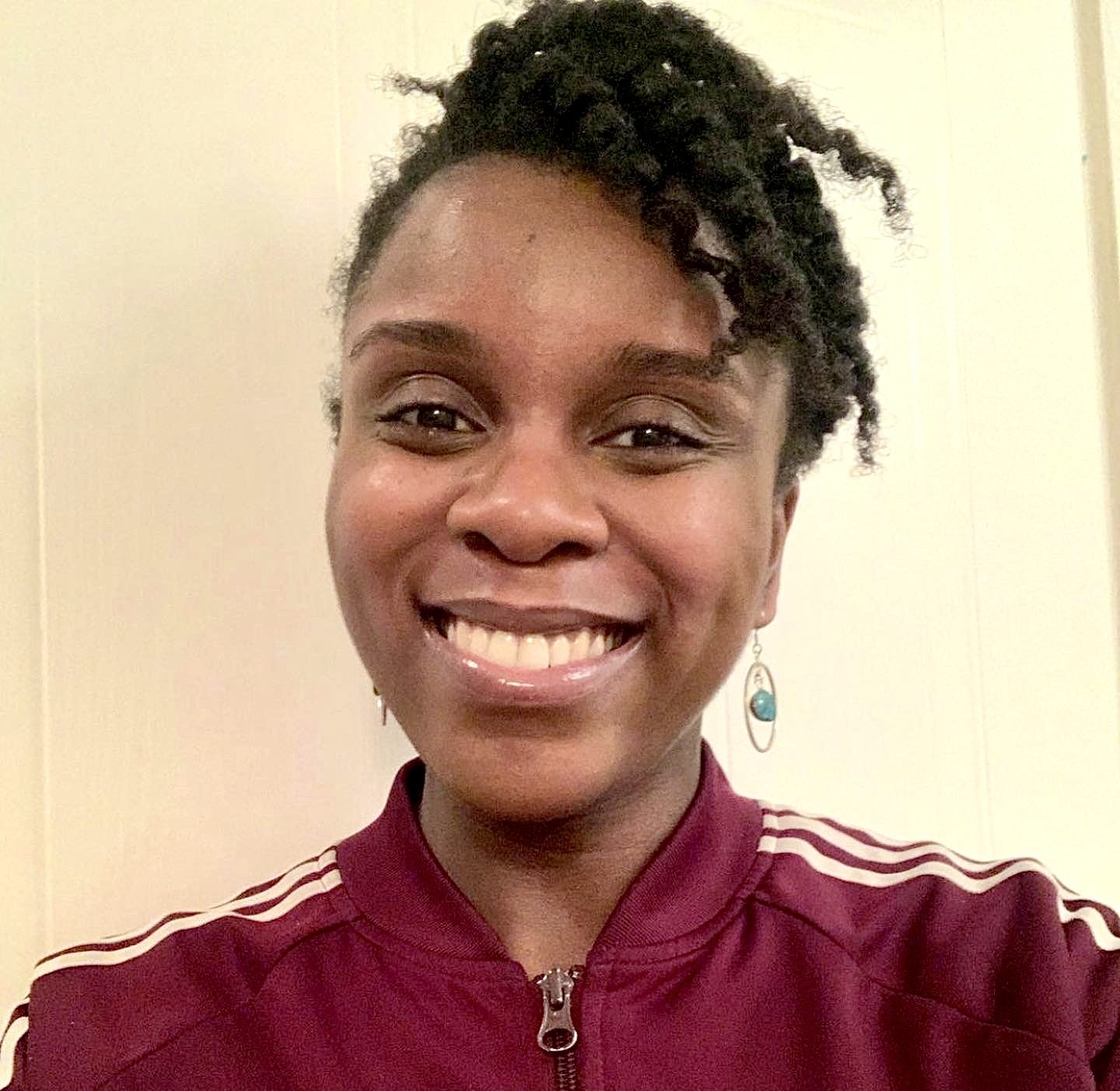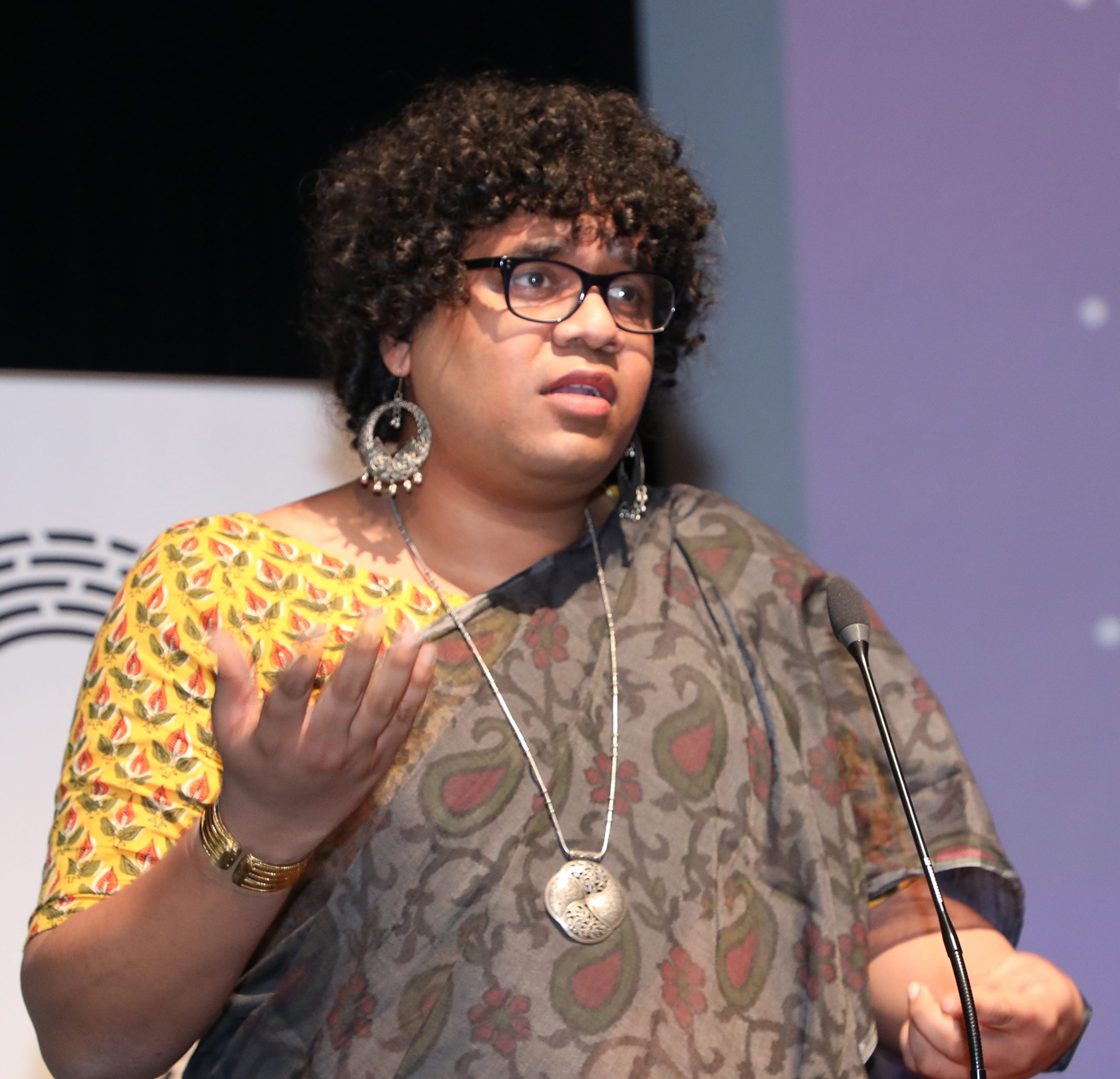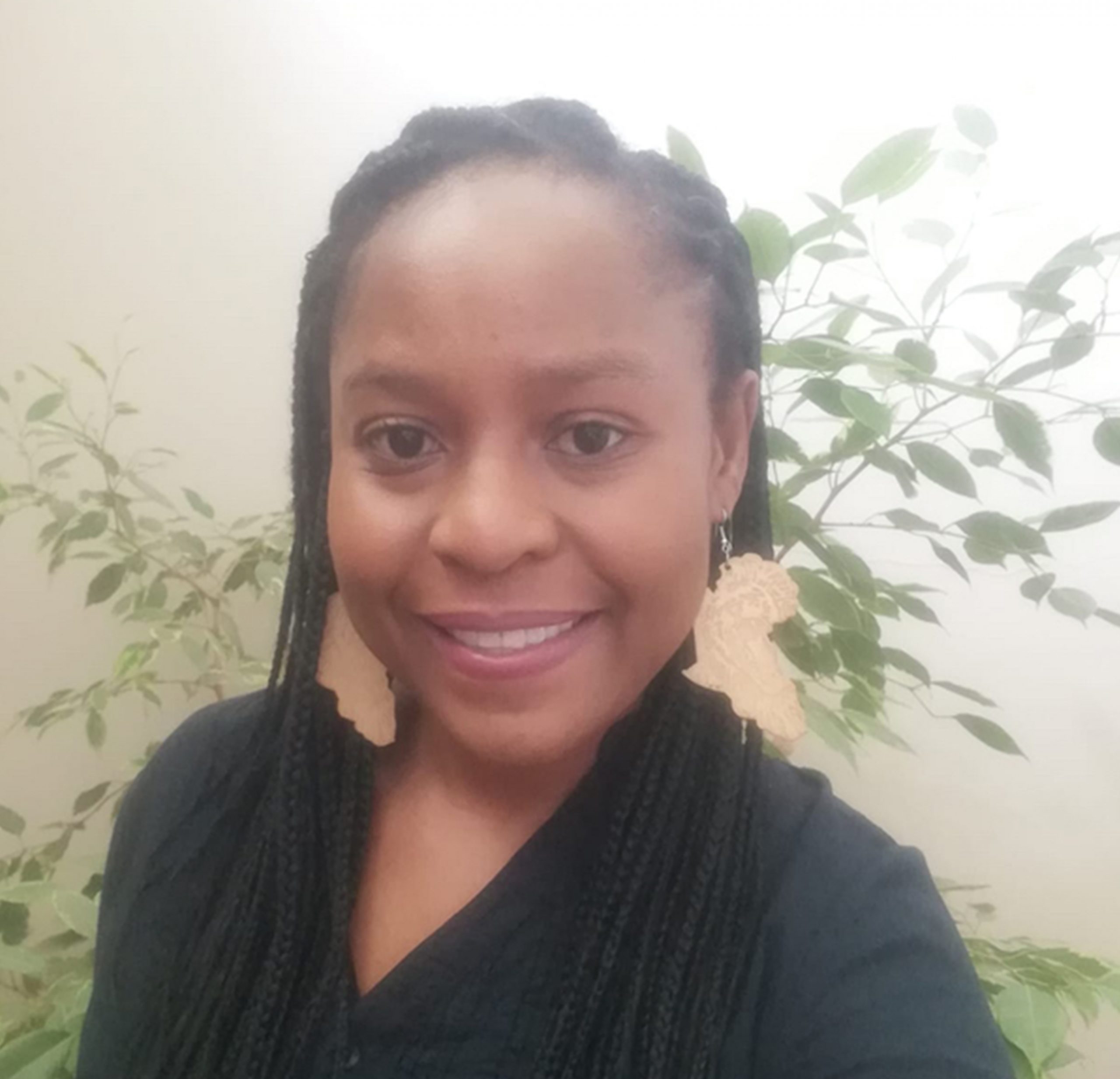With growing digital dehumanisation, the Stop Killer Robots coalition works to ensure human control in the use of force. Our campaign calls for new international law on autonomy in weapons systems.
Formed in October 2012 and publicly launched in 2013, we operate globally with 250+ member organisations. A united voice with national, regional and international affect. We are a vibrant, inclusive team driving change to protect our shared humanity for the future.
Stop Killer Robots staff team
Working remotely across continents

Charlotte Akin (she/her)
Charlotte Akin (she/her)
Charlotte is the Projects & Logistics Officer for Stop Killer Robots and joined the team in July 2022. In her role, she provides operational, administrative, and financial support to the Stop Killer Robots campaign and campaign member organisations.
Charlotte is an activist passionate about disarmament, human rights, and gender justice. Charlotte has a Master’s degree in Global Development Studies from Queen’s University, specializing in children’s rights and refugee policy and Honours Bachelor’s degree in International Relations and Political Science from Mount Allison University.
Charlotte is currently based in Kingston, Canada.

Salena Barry (she/her)
Salena Barry (she/her)
Salena Barry is the Digital Communications Officer for Stop Killer Robots. She manages the campaign’s digital and social media communications.
Prior to joining the team in July 2023, she worked for Islington Council, a local authority in London, and Refuge, the UK’s largest domestic abuse charity. In these roles, she led on the digital element of campaigns, developing content and multi-channel strategies to advance project and communications goals. While working at Refuge, she supported the organisation’s Naked Threat campaign, which successfully lobbied the UK government to amend a clause in the Domestic Abuse Act (2021), granting additional rights to survivors. She has also volunteered her communications skills to support grassroots campaigns advancing migrants’ rights and environmental justice.
She holds a Masters degree in Art & Politics from Goldsmiths College, University of London. Her graduate dissertation explored the use of indigenous visual culture by settler state governments to advance domestic indigenous policy. She believes in the power of communications, visual and textual, to build community and inspire meaningful action on human rights and social justice issues. In her free time, she writes about visual arts, drawing out its intersections with politics.
Originally from Canada, Salena is currently based in London, UK.

Clare Conboy (she/her)
Clare Conboy (she/her)
Clare Conboy is the Campaigns and Strategic Communications Manager for Stop Killer Robots. She started her work with Stop Killer Robots in July 2018.
Clare studied Fine Art Sculpture and the History of Art at the National College of Art and Design in Ireland. She started her work in communications and campaigning in 2013. Previously based in Ireland, Spain and the UK, she has lobbied on a range of issues at Irish and UK Parliaments, worked on a general election campaign, and consulted or provided support and expertise in marketing, media, communications, outreach, content creation and facilitation at the British Refugee Council, Fundación Intras, the International Campaign to Abolish Nuclear Weapons UK and Woodbrooke Quaker Study Centre.
Clare previously worked as Communications and Web Manager for the Acronym Institute for Disarmament Diplomacy (AIDD). In her role, she served on the International Steering Group of the International Campaign to Abolish Nuclear Weapons (ICAN). She co-led the photo, video, and social media teams during the negotiations on the Treaty on the Prohibition of Nuclear Weapons for which ICAN was subsequently awarded the 2017 Nobel Peace Prize.
Clare’s approach to her work is guided by intersectional feminist and humanitarian disarmament values. Originally from Ireland, Clare is currently based in London, England.

Isabelle Jones (she/her)
Isabelle Jones (she/her)
Isabelle Jones is the Campaign Outreach Manager for Stop Killer Robots. In her role, she manages efforts to expand and strengthen the campaign’s network and provides ongoing support through funding, resources, and coordination to build momentum and energize the coalition.
Isabelle joined the campaign to Stop Killer Robots in June 2018, as its first full-time staff member. Previously she worked in various roles at Aga Khan Foundation Canada; the LSE Centre for Women, Peace, and Security; the LSE Centre for Human Rights; and Human Rights Watch. Isabelle has a Master of Science in Human Rights from the London School of Economics, where her research focused on how applications of new weapons technology within the social structure of the military could result in increased civilian casualties. She also has a Bachelor of Arts in Global Development and an International Studies Certificate from Queen’s University.
Originally from Canada, Isabelle is currently based in New York City, USA.
Automated Decision Research team
We monitor developments in the area of autonomy in decision-making. For more on this work, visit our website at www.automatedresearch.org.

Sai Bourothu (she/her)
Sai Bourothu (she/her)
Sai works as a researcher on the Automated Decision Research team and is based out of New Delhi, India. In her role, she researches the legal, social, and policy impacts of automated decision-making.
She previously worked on police and prison accountability in the Commonwealth, with a focus on Trans* and Queer people in conflict with the law. Sai holds a Master’s in social work from the Tata Institute of Social Sciences, Mumbai, with a specialization in Criminology and Justice.

Gugu Dube (she/her)
Gugu Dube (she/her)
Gugu Dube joined the Automated Decision Research team as a Researcher in 2021. From April 2019 to mid-2021, she was a Researcher in the Transnational Threats and International Crime Programme in Pretoria for the Institute for Security Studies (ISS). She was also a researcher for Southern Africa for ENACT (Enhancing Africa’s response to transnational organised crime). She worked for the ISS from 2007 to 2014, researching arms management and garnering African states’ support for the Arms Trade Treaty and the Convention on Cluster Munitions. She was a consultant to the 2013 UN Group of Governmental Experts for the UN Register of Conventional Arms.
Dube has a BA Honours degree in International relations from the University of Pretoria, South Africa, and is pursuing her Master’s degree at the University of Pretoria, South Africa.



